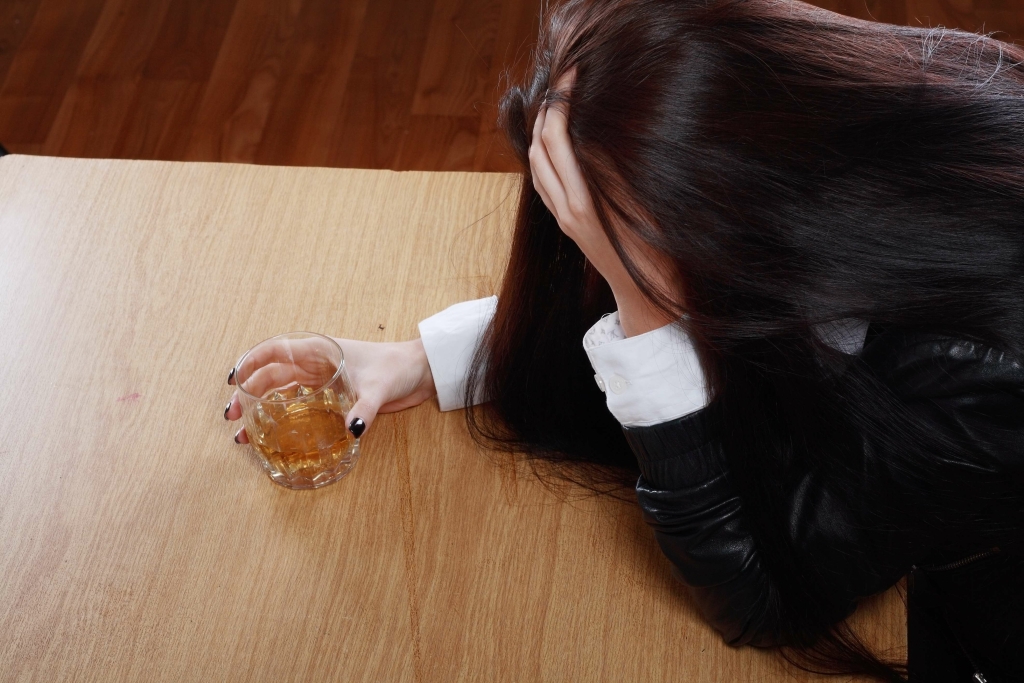While acknowledging that this was a rare case, the case report found that the patient met four of 11 symptoms for a substance use disorder as set out in the Diagnostic and Statistical Manual of Mental Disorders. Hypnosis is a promising non-pharmacological option for people with ibuprofen dependency. A doctor or psychologist guides patients through altered states of consciousness, which can help them relax and shift their attention https://www.fokirowaisi.com/drug-addiction-statpearls-ncbi-bookshelf/ away from pain. Natural remedies, such as turmeric and omega-3 fatty acid supplements, have been shown to reduce pain with an effectiveness similar to that of NSAIDs. These remedies have limited side effects and can be safely used to treat arthritis pain and other inflammatory conditions.

Top Reads in Drug Info
- Symptoms of ibuprofen overdose can include severe stomach pain, vomiting blood, shallow breathing, and even seizures or coma in extreme cases.
- No matter what, don’t take any more than the recommended daily amount for any over-the-counter medication, including ibuprofen.
- Ibuprofen acts by inhibiting the production of prostaglandins, compounds responsible for inflammation, pain, and fever.
- If you feel you might be taking too much ibuprofen, there are several options available to help lower your dependency, such as switching to another type of pain-relieving medication.
Motivational interviewing techniques may be employed to strengthen the commitment to recovery and develop coping strategies for pain and stress. Chronic ibuprofen use can result in kidney damage or failure, as the kidneys struggle to process and eliminate the drug can you get addicted to ibuprofen from the body. Liver damage is another potential outcome, especially when ibuprofen is combined with alcohol or other medications that stress the liver. In the following section, we explore the path to recovery from Ibuprofen addiction. With the right treatment options and compassionate support, individuals can liberate themselves from the clutches of addiction, finding hope and healing along the way.
Can Ibuprofen Be Addictive?
It can also cause holes or ulcers to form in an individual’s stomach or intestine, as well as lead to liver or kidney damage. When looking at over-the-counter (OTC) medications like ibuprofen, it’s crucial to distinguish between regular misuse and true addiction. Although ibuprofen may not be inherently addictive, its misuse can indicate underlying problems with managing substances. However, ibuprofen addiction is real and there can be serious side effects,” says Francis.
Holistic Treatment Options for Managing Pain

With a focus on mental health, relapse prevention, and holistic approaches, we ensure you find the rightaddiction treatment center to meet your unique needs. Our goal is to empower individuals and families bysimplifying the search for effective care, offering guidance and support throughout the recovery journey. Whetheryou’re looking for local rehab centers or specialized addiction treatment services, we’re here to help you takethe first step toward lasting freedom and a brighter future. Understanding that even over-the-counter medications can lead to harmful outcomes if misused is crucial in fostering a community of informed and cautious medication users.
- Recognizing that each person’s journey toward recovery is unique, treatment options must cater to the full spectrum of needs encountered along this pathway.
- Therapists also help people manage symptoms of depression and anxiety, which can be common in people living with chronic pain.
- This reliance can overshadow natural pain management techniques or the pursuit of alternative therapies.
- In addition to exceeding the recommended maximum dose, they may exceed the daily limit or number of capsules they should consume.
They may not sound like what you think of addiction, yet they could meet the diagnostic criteria for substance abuse. That said, most individuals take ibuprofen on a short-term or as-needed basis without a problem. Even if a healthcare professional recommends taking it every day, it is nearly always Substance abuse done without SUD features arising. Alternatives to ibuprofen in the NSAID class include meloxicam and Aleve (naproxen), and the SingleCare discount card can provide savings on any of them.
Detox serves as a foundation, preparing individuals for further comprehensive treatment. Prolonged misuse can lead to serious health problems, such as gastrointestinal bleeding, kidney impairment, and cardiovascular complications. Physically, Ibuprofen addiction may lead to gastrointestinal issues, stomach ulcers, and heightened sensitivity to pain. Prolonged misuse can result in liver and kidney complications, jeopardising overall health. With support, counselling, and personalised treatment plans, individuals can overcome Ibuprofen addiction and embark on a journey towards lasting recovery and improved well-being.
Deja una respuesta